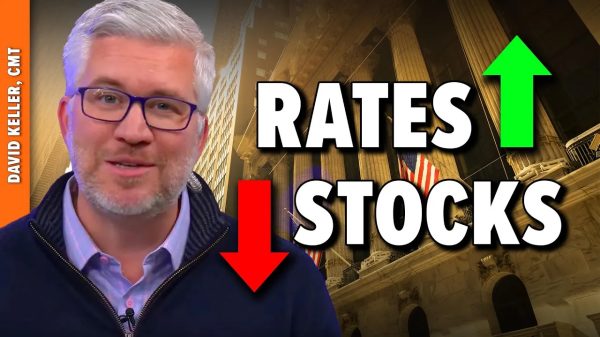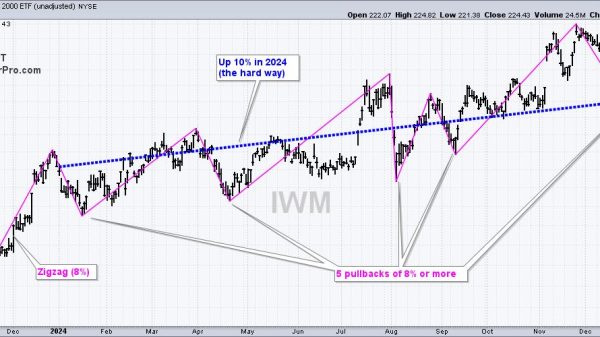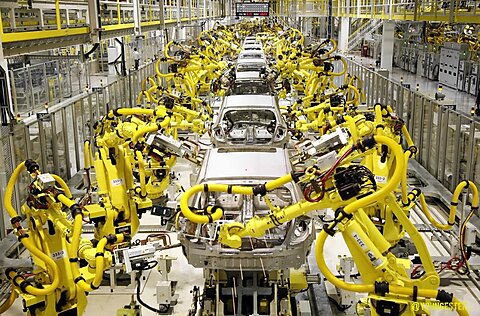Johan Norberg
In my essay Globalization: A Race to the Bottom – or to the Top?, part of Cato’s Defending Globalization project, I show that the belief that an open world economy would hurt working conditions turned out to be false. On the contrary, trade and investment are associated with higher wages, less child labor, safer working conditions, and better environmental performance. Between 2000 and 2016, the global rate of deaths related to work declined by 14.2 percent.
One of my examples is the effect of Bangladesh’s garment export industry in reducing poverty and creating better jobs, especially for women.
An interesting new study by Laura Boudreau of Columbia Business School, recently featured on the excellent podcast Trade Talks, sheds light on one transmission link between globalization and progress: how businesses and consumers in the West put pressure on suppliers to improve working conditions.
After the collapse of the Rana Plaza building, which killed at least 1,260 textile workers in 2013, foreign multinational apparel buyers decided to oblige every factory they bought from to introduce an Occupational Safety and Health Committee. Boudreau conducted a year‐long field experiment with 84 supplier factories, randomly enforcing the mandate on half. She found that the commitment was not just PR. Because factories did not want to miss out on business, they formed committees, and these also correlated with small improvements in workers’ health and safety in those factories.
The conclusion is the complete opposite of what critics of capitalism have warned about for decades, when claiming that Western multinational companies (MNCs) take advantage of countries with weak governance to put downward pressure on standards. On the contrary, they often step in when governments fail. Boudreau writes: “In weaker states … it may be MNCs or multi‐stakeholder coalitions with MNCs’ participation that provide enforcement. This research suggests that in such contexts, MNCs can contribute to increasing compliance with labor standards.”
For more on globalization’s race to the top and related issues, be sure to check out my full essay and all the other content on Cato’s Defending Globalization project page.
























